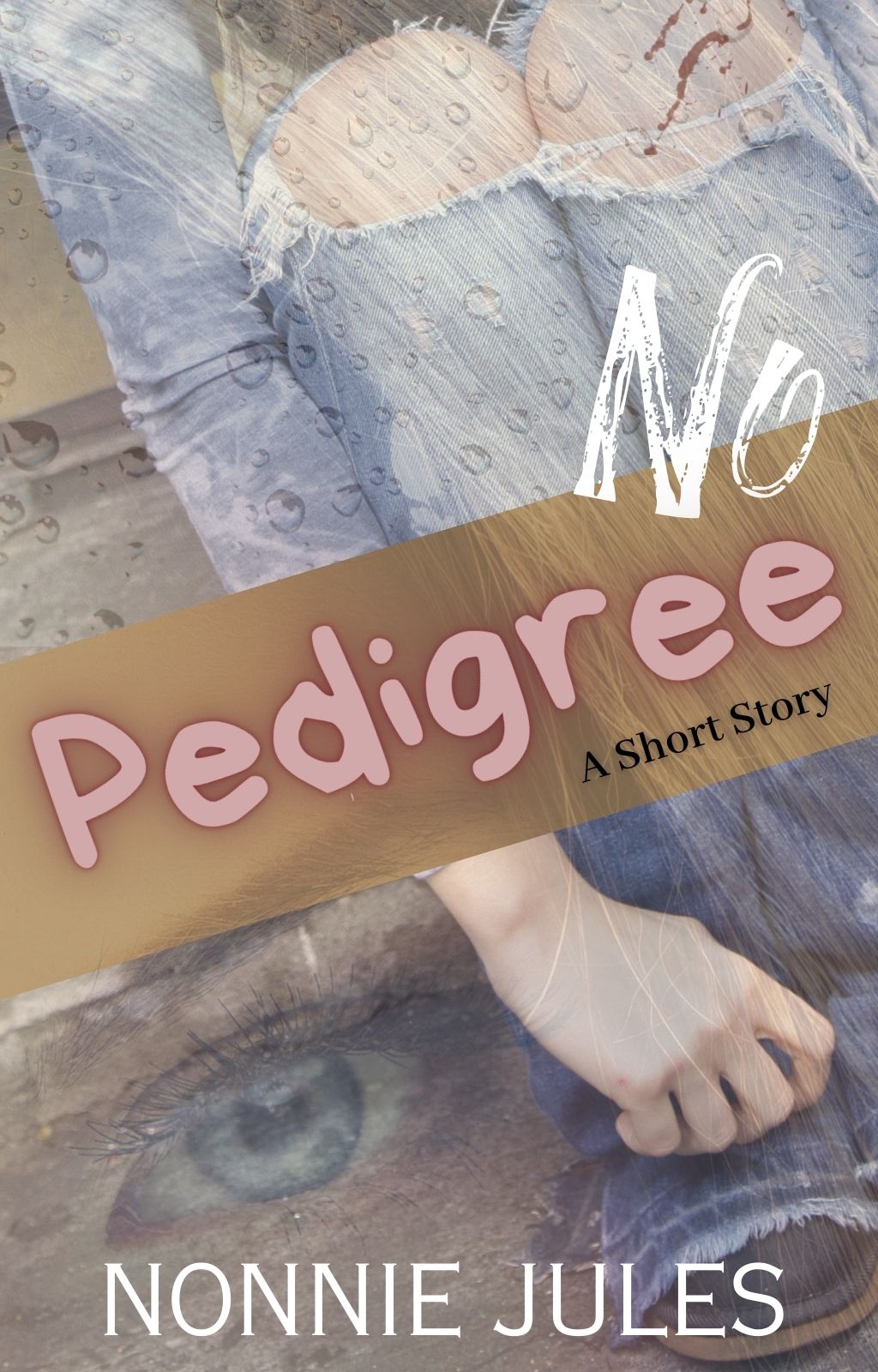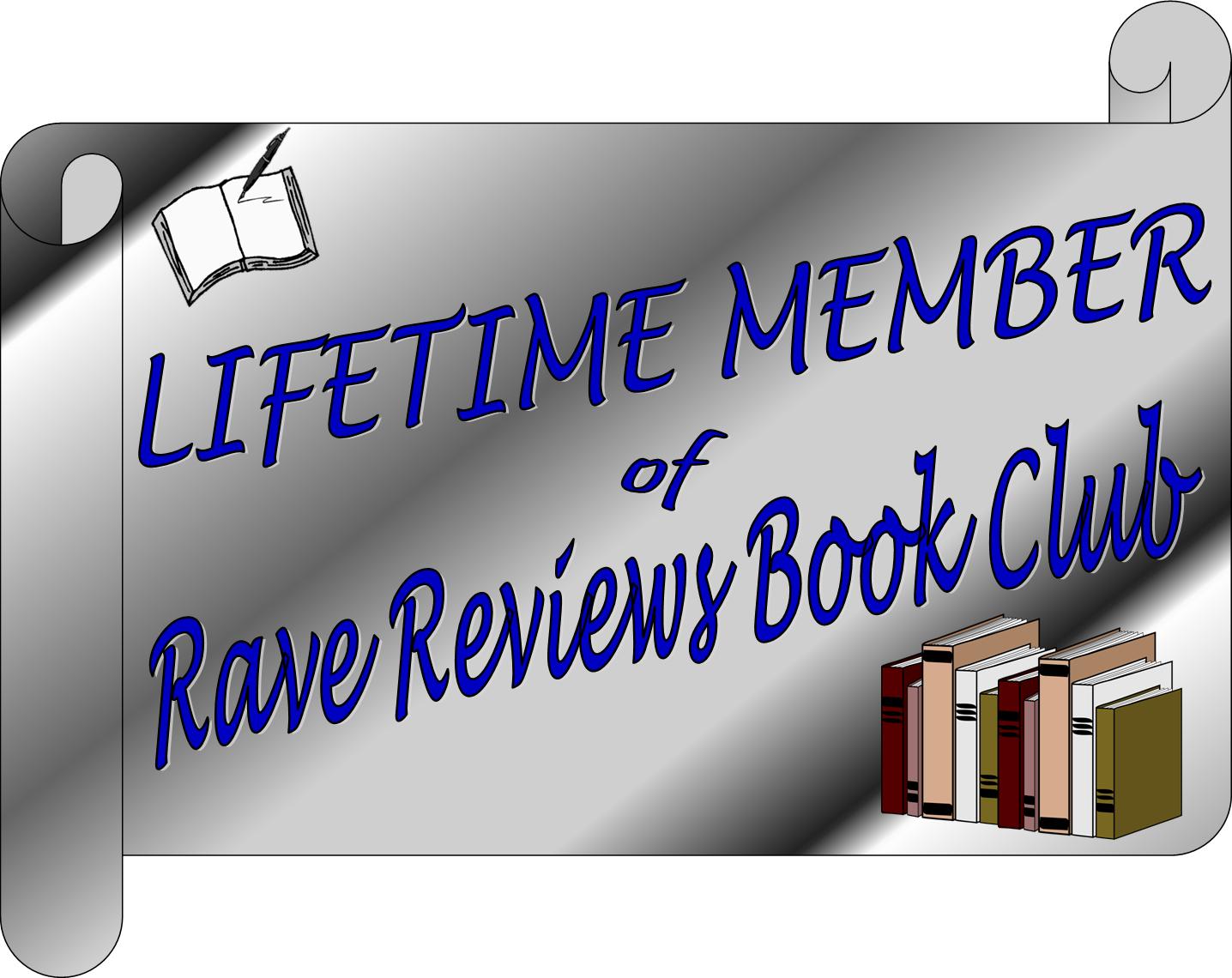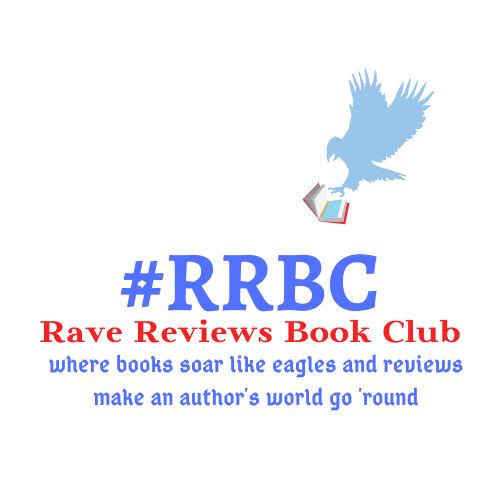Welcome to the “FINDING BILLY BATTLES TRILOGY” Blog Tour – @JHawker69 #RRBC #RWISA
Hello, Lovies!
Today, I am proud to introduce to you a dear friend and Team mate of mine at RAVE REVIEWS BOOKS CLUB, Author, Ronald A. Yates!

Ron will be speaking with us about THE RULES OF WRITING: There Are None! This should be good so pull up a chair, let’s mute our cell phones and learn from one of the masters!
Ron, the floor is all yours!
***
For writers and those who are struggling to be writers, there is no shortage of rules, guidelines, tenets, and imperatives all calculated to turn you into a bestselling author.
They are often daunting and overwhelming and in some cases a bit terrifying.
But mostly, they are unnecessary.
Yes, I said it. Rules of writing are gratuitous, redundant, and pointless.
“What is he saying?” You might be asking yourself. “Has he gone off his mental reservation? Did somebody steal his rudder? Is he weak north of his ears?”
I have been writing, in one form or another, for most of my life. I learned the techniques and skills of writing by toiling for almost 30 years in the relentless and stressful world of journalism.
I was in some pretty good company. Ernest Hemingway began his writing career as a journalist—in fact, we both began our journalistic careers at the Kansas City Star.
Other successful authors who started as newspaper hacks include Rudyard Kipling, George Orwell, Graham Greene, Charles Dickens, Evelyn Waugh, Joan Didion, Norman Mailer, Hunter S. Thompson, Jack London, Annie Proulx, Stephen Crane, John Steinbeck, James Agee, Lillian Ross, and Mark Twain.
For 13 years I taught journalism and writing at the University of Illinois after leaving the world of professional journalism. During that time, I managed to condense my thoughts on writing into a structure suitable for the classroom.
So allow me to share my views on what writing is. What I am about to say here are not stringent rules or rigorous imperatives.
Don’t forget. There are no rules. Look at my comments as suggestions or musings, but not as edicts or diktats.
Writing is both an art and a craft. To be a good writer, you must first master the tools of the craft. What are those? They are vocabulary, grammar, research, style, plot, pacing, and story.
Words are your essential tools. They are your implements in the same way hammers, saws, bubble levels, squares, screwdrivers, and tape measures are the tools a carpenter must possess.
Then comes grammar. Just as carpenters must learn to respect and skillfully master their tools, so too must writers learn to skillfully manipulate words and respect the language.
If you don’t respect the language, you will never succeed as a writer.
You must also give yourself time to learn the art and craft of writing. You don’t learn how to be a writer by sitting alone in a room and squeezing your brain for inspiration the way you wring water from a sponge.
One of the first steps to becoming a good writer is by reading. Read, read, and read. As I used to tell my students, “If you want to write well, read well.”
Learn from the best; imitate (and I don’t mean to plagiarize). Listen to the words! Words speak to us from the written page, IF we let them IF we allow our eyes to open our inner ears.
Gifted writing can’t be taught. It must be learned.
And we learn from doing it; from experience. That’s how we gain confidence.
Let me repeat that because it is SO VERY IMPORTANT. To be a good writer, you must be confident in your ability to use the tools of the craft: vocabulary, grammar, research, style, plot, pacing, and story.
A confident writer is typically a good writer. We gain confidence by being successful in our work–no matter what work we do. We also learn from failure. Why was a book rejected 40 times? Why isn’t it selling on Amazon or Goodreads or Barnes and Noble? There must be a reason. Find out what it is and learn from it. Then go back to work and make the book better.
Once you master the Craft of Writing, the fundamentals, the mechanics, the “donkey” work, then you are ready to move on to the Art of Writing.
I don’t know if those who do not write for a living understand just how difficult writing is. Many believe that writers work from inspiration and that the words simply leap onto the blank page (or into the motherboard and central processing unit of a computer).
Ernest Hemingway once said: “There is nothing to writing. All you do is sit down at a typewriter and bleed.”
Ernest Hemingway

What’s a typewriter? You might ask. That’s a topic for another post when I discuss ancient writing implements.
But I digress. In fact, while inspiration is a beautiful thing, it is not what makes a good writer or book. Writing requires significant research, whether fiction or non-fiction. It requires a facility for organization and a keen sense of plot, pacing, and story.
I don’t believe writers are “born.”
They evolve over time as a result of significant experience in the craft.
Not all writers are brooding, intractable alcoholics or unbearable misanthropes who feel their creations contain irrevocable and definitive truths that most of humanity is too obtuse to comprehend.
In fact, most successful writers are excellent storytellers, and they like nothing more than to have their stories read by as many people as possible–even if those stories don’t always possess immutable truths.
And storytelling is not limited to fiction. Storytelling in non-fiction or journalism is just as important.
When I was young, I used to write lots of short stories. Were they any good? No. But for a person who wants to be a writer they were my way of practicing. Sort of like practicing the piano or the flute or some other instrument. The more you practice, the better and more accomplished you become.
Somerset Maugham, the author of such classics as The Razor’s Edge, The Moon and Sixpence, and Of Human Bondage, had this to say about writing:
“If you can tell stories, create characters, devise incidents, and have sincerity and passion, it doesn’t matter a damn how you write.”
And that leads me to Ann Rice’s Non-Advice to Writers. Ann Rice is a best-selling American author of gothic fiction, including books such as The Vampire Chronicles, Feast of All Saints, Servant of the Bones, Exit to Eden, and Belinda.
Ann Rice

Here is what she says about giving advice to writers:
“On giving writers advice, offering “rules.” I’m asked a lot about this, and people bring great lists of rules for writers to the page all the time. What do I think? I can’t say it loud enough. There are NO RULES for all writers! And never let anyone tell you that there are. Writers are individuals; we each do it in our own way.
Don’t ever let anyone tell you that you’re not a “real” writer because you don’t follow their rules! I can’t tell you how much harm was done to me early in life by others judging me in that way. I was told in college I wasn’t a “real” writer because I composed on a typewriter; I was condemned later on in damn near apocalyptic terms for “not writing every day.”
“Real writers” are those who become “real writers.” That’s all there is to it. And again, we each do it in our own way. For me, stubbornness has been as important as any talent I might possess. I ultimately ignored the people who condemned me, ridiculed me and sought to discourage me. I laughed or cried over it in secret; and went right on writing what I wanted to write, the way I wanted to write it.
I knew of no other way to become the writer of my dreams. If you want to be a writer, go for it. Critics are a dime a dozen, and people who would love to see you fail are everywhere. Just keep on going; keep doing what works for you. Keep believing in yourself.”
Ann Rice has said it well. You must believe in yourself and your work because if you don’t, who will?
Contact Ron via:

Ronald E. Yates is an award winning author of historical fiction and action/adventure novels, including the popular and highly-acclaimed Finding Billy Battles trilogy. His extraordinarily accurate books have captivated fans around the world who applaud his ability to blend fact and fiction.
Ron is a former foreign correspondent for the Chicago Tribune and Professor Emeritus of Journalism at the University of Illinois where he was also the Dean of the College of Media. His award-winning book, “The Improbable Journeys of Billy Battles,” is the second in his Finding Billy Battles trilogy of novels and was published in June 2016. The first book in the trilogy, “Finding Billy Battles,” was published in 2014. Book #3 of the trilogy (The Lost Years of Billy Battles) was published in June 2018.
As a professional journalist, Ron lived and worked in Japan, Southeast Asia, and both Central and South America where he covered several history-making events including the fall of South Vietnam and Cambodia; the Tiananmen Square massacre in Beijing; and wars and revolutions in Afghanistan, the Philippines, Nicaragua, El Salvador and Guatemala, among other places. His work resulted in multiple journalism awards, including three Pulitzer nominations and awards from the Society of Professional Journalists and the Inter-American Press Association, to name a few.
BOOK PURCHASE LINKS:
SOCIAL MEDIA LINKS:
***
- Posted in: Uncategorized









This was a fantastic piece with great advice! Thanks for sharing! 🙂
LikeLike
Nonnie, thanks for hosting me on my tour. It’s been a great ride!
LikeLike
Loved this post, Ron! Anne Rice is one of my favorite writers, so I appreciated that piece at the end. George R.R. Martin (another favorite), claimed that following “writing rules” did not work for him, so he kicked all the rules to the curb while writing his “A Song of Ice and Fire” series and the results speak for themselves. You’re also right about writing being hard work. I also agree that a writer has to read a lot in order to have the tools to write. Great post!
Thanks for hosting, Nonnie! 😀 xo
LikeLike
Thanks, Vashti. Writing is such a fluid process, hard and fast rules are worthless–except when it comes to grammar and spelling. Not mastering those critical tools tells the reader that the writer is a clumsy craftsman (or woman).
LikeLike
Great post, Ron. What would a writer do without knowing the grammar basics? You make it look so simple, perhaps because you are an artist. 🙂 Thank you, Nonnie, for hosting Ron today.
LikeLike
Thanks, Gwen. Not sure how much of an artist I am, but I do try to use the tools of the craft properly.
LikeLike
Ron, thank you so much for this wonderful post! I recently had a real crisis over what is “right” and what is “wrong.” I finally decided to do it my way, the only way I can.
Nonnie, thanks so much for hosting today.
LikeLiked by 1 person
Thanks for stopping by Rhani. Sometimes we must follow our instincts and forget the rules because there really aren’t any hard and fast rules when it comes to writing.
LikeLike
There’s good advice to take, but no rules that could possibly work for everyone. Learning grammar is a good foundation while reading shows us what works and doesn’t. Then like anything we have to practice. Great piece, Ron, that I enjoyed. Thanks for hosting Nonnie:)
LikeLike
You are right, D.L. Learning grammar is probably the most essential thing a writer can do, after all, words and how to use them are a writer’s tools. Thanks for stopping by!
LikeLiked by 1 person
Ron, I’m extremely creeped out that you somehow know I’m not a brooding, intractable alcoholic.
Other than that, though, this was a very fun and informative “sermon” and I’m glad you gave it. Thanks for hosting, Nonnie!
LikeLike
Thanks for visiting Guy. And for not falling asleep during my sermon!
LikeLike
Thanks for hosting, Shirley! I loved it!
LikeLike
Appreciate the visit, Mark. Thanks.
LikeLike
Thanks for hosting me, today, Nonnie. I hope my sermon wasn’t too long! 😜
LikeLike
Reblogged this on Shirley Harris-Slaughter.
LikeLike
While I was reading the Elements of Style, my brains went numb. I literally was not comprehending what I was reading, yet I saw some of those rules in my past life and I know that I know them. Anyway, Ron, I appreciate you giving us permission to lighten up. Now I’ll get back to my practice time.
LikeLike
Go for it, Shirley. I’m sure you are on the right track! Thanks for stopping by.
LikeLiked by 1 person
Hi, Ron, I love that you started by saying that the rules of writing are gratuitous, redundant, and pointless. Writing indeed is an art! Some have it through practice and some as a gift. Thank you, Nonnie, for finding the time to promote Ron today.
LikeLike
Thanks for stopping by, Joy. Whether writing is an art or a gift, one thing is for sure: It is hard work!
LikeLike